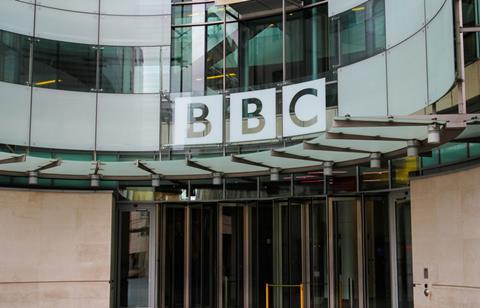
The BBC has reported a 4.7% mean gender pay gap for 2023, just lower than the 5.1% it published in 2022.
Its median gap for 2023 was 7.3%, an increase from 5.9% the previous year. The organisation attributed this to its 47% female and 53% male employee split, and specific investments in pay and talent in its technology and product areas, which have higher proportions of male workers.
The BBC’s 2023 mean ethnicity pay gap was 2.9%, a drop from 3.3% the prior year, and its median gap was 1.8%, slightly more than 1.6% in 2022. It has a greater proportion of Black, Asian and ethnic minority staff in its lower career bands compared to its senior ones.
Its mean disability pay gap for this year was 6.6%, down from 7.4% last year, and its median gap was 5.7%, slightly down from 5.9% in 2022. It has a greater proportion of disabled staff in its lower pay quartiles compared to its higher ones.
The organisation’s mean LGBTQ+ pay gap for 2023 was 5.4%, an increase from 4.2% in 2023, and its median gap was 5.2%, higher than the 4.9% figure for the year prior. About 10% of BBC staff identify as LGBTQ+ and there is a greater proportion of LGBTQ+ employees in the lower pay quartiles than the higher ones.
It also included its part-time pay gap, with the mean for this year at 2.6%, unchanged from last year, and the median at 4.2%, higher than 2.6% the previous year.
Richard Sharp, chairman of the BBC, said: “As part of our commitments to improving representation, we are working towards improving gender balance in our technology and product teams, and we ensure that we have good examples of female representation on our career development, mobility, and leadership programmes, including Accelerator (69%) and Inclusive Leadership (64%), ensuring a strong pipeline of talent at all levels and across all divisions. We also have staff networks in place to provide peer support and improve representation of women in STEM.”
















